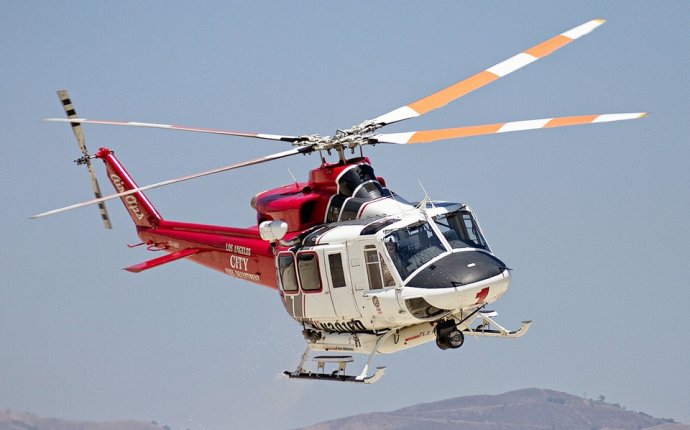
Education Requirements to become a pilot
International Space Station Program Description
The ISS is the largest international scientific and technological endeavor ever undertaken. The ISS is a permanent laboratory in a realm where gravity, temperature, and pressure can be manipulated for a variety of scientific and engineering pursuits that are impossible in ground-based laboratories. The ISS is a test bed for the technologies for the future as we learn more about living and working in space. Aboard the international laboratory, crews conduct medical research in space; develop new materials and processes to benefit industries on Earth; and accelerate breakthroughs in technology and engineering that will have immediate, practical applications for life on Earth.
The ISS is 356 feet across and 290 feet long, and weighs approximately 940, 000 pounds. Six people can live on the ISS. The ISS is forging and maintaining new partnerships with the other space faring nations of the world; and satisfying humanity’s need to explore.
Astronauts are involved in all aspects of assembly and on-orbit operations of the ISS This includes extravehicular activities (EVA), robotics operations using the remote manipulator system, experiment operations, and onboard maintenance tasks. Astronauts are required to have a detailed knowledge of the ISS systems, as well as detailed knowledge of the operational characteristics, mission requirements and objectives, and supporting systems and equipment for each experiment on their assigned missions.
Applicants must meet the following minimum requirements before submitting an application.
Astronaut Candidate (Non-Piloting background)
- Bachelor’s degree from an accredited institution in engineering, biological science, physical science, computer science or mathematics.
- Degree must be followed by at least 3 years of related, progressively responsible, professional experience or at least 1, 000 pilot-in-command time in jet aircraft. An advanced degree is desirable and may be substituted for experience as follows: master’s degree = 1 year of experience, doctoral degree = 3 years of experience. Teaching experience, including experience at the K - 12 levels, is considered to be qualifying experience for the Astronaut Candidate position; provided degree is in a Science, Engineering, or Mathematics field.
- Ability to pass the NASA long-duration Astronaut physical, which includes the following specific requirements:
Distant and near visual acuity must be correctable to 20/20, each eye. The use of glasses is acceptable.
The refractive...









